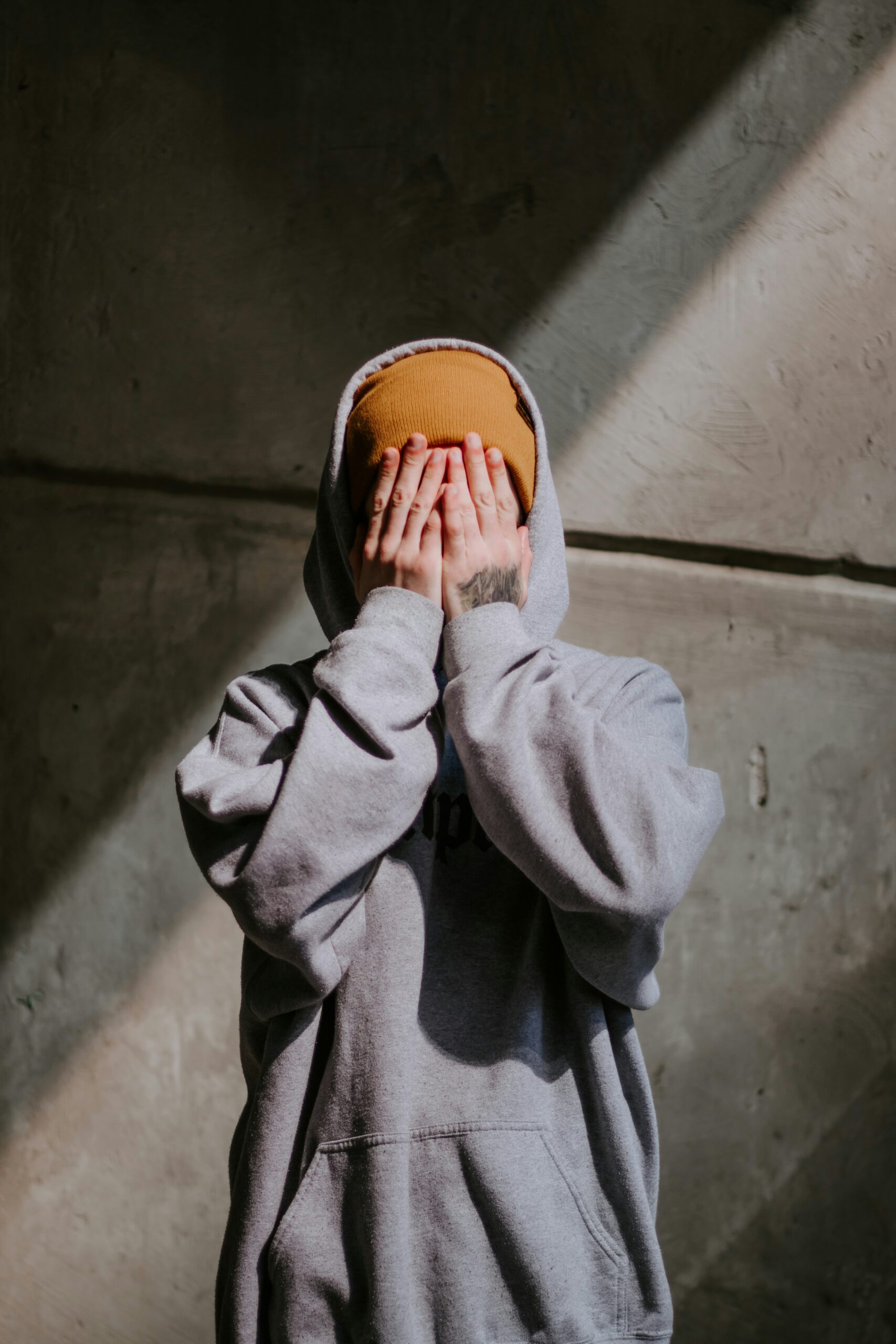What is a Phobia?
Everyone experiences fear, it’s part of being human. But when fear becomes overwhelming, irrational, and interferes with daily life, it may be something more. A phobia is an intense fear of a specific object, situation, or experience and it can feel like your brain is hijacked by panic, even when you’re fully aware that the fear isn’t logical.
Whether it’s the fear of flying, spiders, crowded places, or being judged, phobias can be deeply distressing. You might go out of your way to avoid the thing you’re afraid of, even if that means missing out on holidays, relationships, or opportunities.
How Phobias Develop
Phobias often begin in childhood or after a traumatic event. Maybe a dog chased you once, and now your nervous system overreacts every time you see one. Or you had a panic attack in a lift and now avoid enclosed spaces entirely.
These learned fear responses become embedded in the subconscious mind. Your body reacts as if you’re in danger, even when you’re not.
Common types of phobias
- Social phobia – fear of being judged or embarrassed
- Agoraphobia – fear of open or crowded spaces
- Claustrophobia – fear of enclosed spaces
- Emetophobia – fear of vomiting
- Arachnophobia – fear of spiders
- Aviophobia – fear of flying
- Trypanophobia – fear of needles or medical procedures
But phobias can also be unusual, fear of buttons, mirrors, or even the sound of chewing. If it affects your life, it’s valid.
What Does Living With a Phobia Feel Like?
Let’s say you’re invited on a holiday abroad, but you feel dread instead of excitement because the flight terrifies you. Your chest tightens, your thoughts race, your hands sweat. Or perhaps you’re at a social event and suddenly feel watched, judged, and desperate to leave.
You know it’s irrational, but you can’t reason with it. The fear is in your body, not your logic.
This is where many people feel stuck. You might feel frustrated with yourself, embarrassed, or isolated. You might even think you’re “just being silly.” But you’re not. Phobias are real, and you’re not alone.
The Subconscious Mind and Phobias
Phobias are rooted in the subconscious, the part of the mind responsible for survival and protection. It’s like an overprotective bodyguard who thinks it’s helping by sounding the alarm. But that alarm is going off at the wrong time, and it’s keeping you small.
Until you change the subconscious association, the belief that “this is dangerous”, the fear will stay.
How Hypnotherapy and RTT Can Help
This is where hypnotherapy and Rapid Transformational Therapy (RTT) come in.
RTT goes beyond surface coping strategies. It helps you:
- Understand where and when the fear started
- Reframe old beliefs that no longer serve you
- Replace fear with calm, confidence, and control
Many clients say it feels like “reprogramming” the brain, shifting from panic to peace. The results can be powerful and lasting.
“I avoided driving for years after an accident. One RTT session helped me understand what my mind was trying to protect me from. I now drive confidently again.” – Client feedback
RTT helps the subconscious let go of old stories and build new, safer ones and ones where you are no longer ruled by fear.
Learn more about how RTT can support you with phobias
You Are Not Broken — Your Mind Is Trying to Protect You
What if you stopped blaming yourself for the fear?
Your mind learned a pattern. And patterns can be unlearned.
By understanding that your phobia is a learned response, not a personality flaw, you can start to feel hope. Because anything learned can be rewritten.
With the right support, your world can expand again.
Ready to take the next step?
If you’re tired of being held back by fear and want to feel free again, get in touch to book a free call. Let’s explore how RTT can support you.
Frequently Asked Questions
What’s the difference between a fear and a phobia?
A fear becomes a phobia when it’s intense, irrational, and disrupts your life. For example, disliking spiders is common, but if you avoid going outside in case you see one, it may be a phobia.
Can phobias go away on their own?
Sometimes mild phobias lessen over time, but most require intervention to fully overcome, especially if they’ve existed for years.
How many sessions of RTT are needed?
Many people notice significant improvement after just one session, depending on the complexity of the issue and how long it’s been present.
Is hypnotherapy safe for phobias?
Yes, hypnotherapy is a safe, non-invasive approach that works by relaxing the mind and accessing the subconscious where the fear is stored.
What if I don’t know what caused my phobia?
That’s completely normal. You don’t need to consciously remember. RTT can uncover the root cause, even if it’s buried deep in the subconscious.




